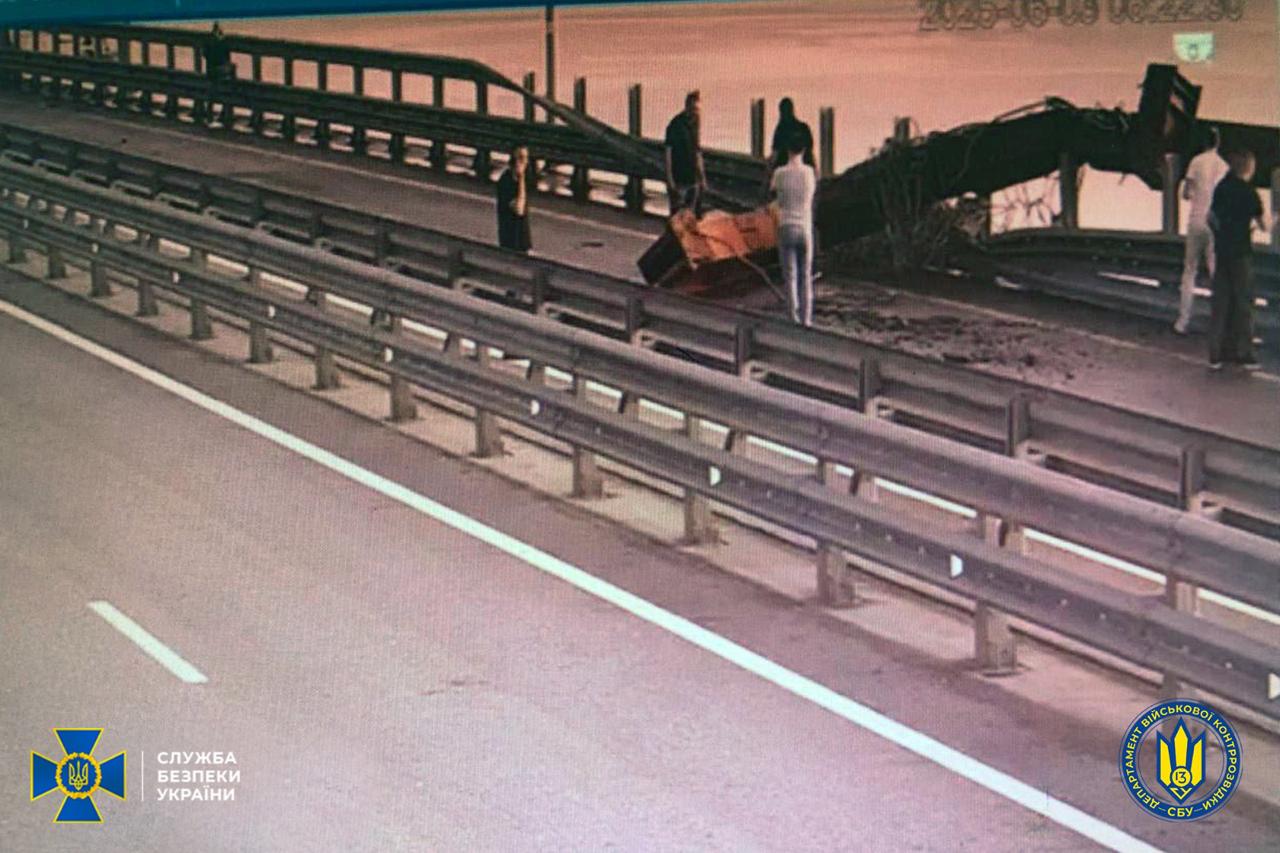'Rare moment of honesty' — US Senator Graham says Medvedev's comments show Russia not 'interested in peace'

Russian ex-President Dmitry Medvedev's statement that Russia seeks only a "swift victory" and the "complete destruction" of the Ukrainian government at the Istanbul peace talks is a "rare moment of honesty," U.S. Senator Lindsey Graham said on June 3.
"I appreciate you making it clear to the world that (Russian President Vladimir) Putin and Russia are not remotely interested in peace," said Graham, a Republican lawmaker backing a bill on major new sanctions against Russia.
Graham made the statement in reaction to Medvedev's Telegram post, in which the deputy chairman of the Russian security council admitted that "the Istanbul negotiations are not intended for reaching a compromise peace based on someone's unrealistic conditions."
Russia and Ukraine held the second round of peace negotiations on June 2, during which Russia yet again rejected a long-term ceasefire and instead presented a memorandum with a list of harsh demands on Kyiv.
These reportedly included official recognition of Russia's occupation of Ukrainian territories, Ukraine's full withdrawal from four partially occupied regions, a ban on joining NATO, limits on the military, and more conditions.
Moscow's real goal in the talks is a "swift victory and the complete destruction" of the Ukrainian government, Medvedev said. He referred to Ukrainian authorities as a "neo-Nazi regime," referring to Russia's false narratives about the Nazi-led government in Kyiv that were used as a pretext for Russian aggression.
"This is the meaning of the Russian memorandum published yesterday (June 2)." Medvedev has gained notoriety during the full-scale war for his theatrical and incendiary remarks aimed at Ukraine and its Western partners.
Ukraine has repeatedly accused Moscow of intentionally stalling the negotiations to allow its forces to take more territory in the meantime.
"Our army is actively advancing and will continue to advance. Everything that should explode will explode, and everybody who should be exterminated will disappear," Medvedev said.
During the talks in Istanbul, the Ukrainian delegation also presented a peace proposal, which included a prisoner swap in an all-for-all format, the return of Ukrainian children abducted by Russia, as well as the release of all civilians held in Russian captivity.
According to the Ukrainian proposal seen by the Kyiv Independent, Kyiv would retain its right to join the EU and NATO. Ukraine also highlighted the need for security guarantees to avoid further Russian invasion.
Like the first round of talks on May 16, this week's negotiations ended without any tangible progress toward a long-term ceasefire or a peace deal. Instead, the two parties agreed on a new prisoner exchange, which could involve up to 1,200 prisoners on each side.
Moscow also proposed a brief ceasefire lasting up to three days to collect the bodies of fallen soldiers.
President Volodymyr Zelensky called upon U.S. President Donald Trump to adopt tougher sanctions against Russia if the Istanbul talks fail to achieve progress. A bipartisan bill proposed by Graham, which he said will "start moving" forward this week, would impose 500% tariffs on imports from countries purchasing Russian oil, gas, uranium, and other products.











